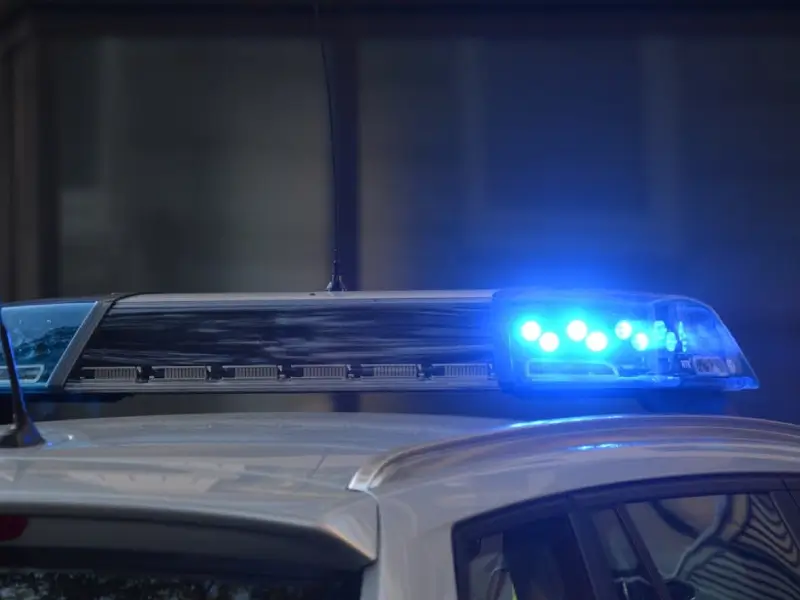Here to support you every step of the way
Failure to Provide a Specimen for Analysis
If you were unable to provide a specimen of breath, blood, or urine for analysis, the consequences can be very serious. Seek expert legal help from our motoring offences team. We are experienced in helping drivers facing such allegations and can assist you in building a strong defence.

The offence of Failing to Provide the Police with a Specimen for Analysis
The offence of failing to provide a specimen arises when someone is unable or unwilling to provide a sample of breath, blood, or urine when required by the police at the station. If an officer has ‘reasonable suspicion’ that an offence has been committed, they can lawfully request these samples. However, the term ‘reasonable suspicion’ can be vague, with officers sometimes citing minor issues, such as a headlight being out, as justification for requiring a roadside breath sample or making an arrest.
While providing a roadside sample may be less critical, failure to comply with the requirement at the police station carries serious penalties, comparable to those for drink or drug driving.
There are also instances where police incorrectly conclude that a person’s failure to provide a specimen was without a ‘reasonable excuse’—for example, overlooking valid medical reasons. In our experience, these cases often involve complex issues that may support a potential defence, and it’s essential to attend court with legal guidance.
If you have been charged, this does not mean a guilty plea is inevitable; we have a strong track record of defending these cases successfully. Contact us to discuss your case and the circumstances surrounding your response to the officers’ requirement, as these details are vital in building a robust defence.
What penalties could I face if convicted?
If convicted, the offence of failing to provide a specimen carries a mandatory minimum driving disqualification of 12 months, along with additional penalties that can range from a fine to imprisonment in the most serious cases.
When determining the sentence, the Court will consider:
- Your previous convictions and driving history
- The reasons for failing to provide a specimen for analysis
- Any evidence of impairment or intoxication
A conviction for a second offence will result in a minimum ban of three years if committed within 10 years from the date of the last offence.
Who we are and how we can help
At JHR Solicitors, we specialise in motoring offences, including cases involving failure to provide a specimen. We understand the complexity and importance of carefully evaluating every aspect of your case before determining the best course of action.
Our experienced team will provide you with clear guidance and effective representation, aiming for the best possible outcome based on your unique circumstances.
If you are facing this charge, please reach out to us for professional support and expert advice.

John Ruane
Your Expert Driving Offence Solicitor
Free consultation
Submit your details below to get a free callback.
By submitting this form, you confirm you have read and agree with our Privacy Policy.
Legal defences for Failing to Provide a Specimen
In our experience, there are often issues that can be explored in relation to a possible defence which means that you should not attend Court in this type of case without speaking to a lawyer first.
Over the years, we have represented clients and secured acquittals based on numerous issues, such as:
- The Defendant had a medical reason for their failure to provide such as a respiratory problem.
- The Defendant was unable to comprehend the procedure due to a psychiatric issue.
- A medical reason by the defendant was raised during the procedure but was then incorrectly disregarded by the police officer.
- The procedure was not correctly followed by the police.
- Potential malfunction with the breath testing equipment.
- Lack of evidence of driving, in which case the correct charge would have been failure to provide (in charge) which carries a much more lenient sentence.
What are the potential reasonable excuses?
Several reasons may be considered a “reasonable excuse” by the Courts. These include:
- Asthma or respiratory issues.
- Needle phobia.
- Psychiatric issues such as anxiety and panic attacks.
- Issues with the breathalyser equipment.
What are not considered reasonable excuses?
Arguments that are not usually accepted by the Court include:
- Asserting that you were not driving, and therefore should not have to provide a sample of breath.
- Refusing to provide out of fear of potential penalties.
- That you are not satisfied that you were over the legal limit.
Prior to deciding to dispute your charges, it is recommended to discuss with an experienced motoring offence solicitor to help you fully understand your potential defences and penalties.
We’re a 5-star rated firm
See what our clients have to say.
Frequently Asked Questions
If you have a viable defence i.e. a reasonable excuse, then you can be acquitted. We can also explore the possibility that the procedure was not conducted correctly, thereby rendering the requirement unlawful.
The most serious examples can result in a prison sentence of up to 6-months.
The Court will consider the level of perceived impairment as well as whether there was a “deliberate refusal” for failing to provide. It is often the case that punishments can be harsher for failure to provide cases.
The police can make a lawful requirement for the provision of a blood sample either because you have failed a roadside swab test, or because you have failed an impairment test.
Yes, providing a lawful requirement for the sample of breath/blood or urine was made.
There are occasions where we can negotiate with the Crown to lay an alternative charge of failure to provide a sample after being suspected of being in charge of a vehicle. This is only likely to arise in scenarios where the police cannot prove you were driving prior to the requirement.
A conviction for the offence would be recorded on your criminal record.

